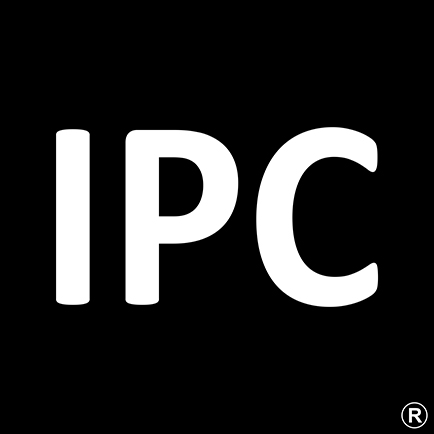While PVC is indeed a plastic, many don’t know it is a sustainable material.
PVC is an important material for a wide variety of applications that are essential in our daily lives across various industries, from essential services to transportation, electronics, medical devices, housing, and much more.
Moreover, it can be rigid or flexible to provide many products – even semi-rigid injection compound formulations can be manufactured for specific purposes.
One noteworthy aspect is the development of sustainable innovations within the PVC realm, further enhancing the versatility and eco-friendliness of this remarkable material.
Here are some reasons why PVC is considered a sustainable plastic material and how you, as a user, can contribute to its continued sustainable use
PVC has a Low Carbon Footprint Compared to Other Materials
When considering the carbon emissions involved in the manufacturing of different products, materials like glass and metal produce significantly more carbon emissions during their manufacturing process compared to the carbon emissions released during the manufacturing of PVC.
This makes PVC a more environmentally friendly product when compared with other materials and against a wide range of other types of plastics, as it requires significantly less energy to produce from raw materials.
In addition to its low carbon footprint on the production side, PVC contributes to energy efficiency thanks to its low thermal conductivity profile. For example, when PVC is used in window frames, it produces far better insulation than aluminium or other materials. Therefore, when used in heating and cooling applications, it can significantly reduce the energy required to regulate the temperature of a space.
This means that overall, PVC not only contributes less carbon to the atmosphere during manufacturing but also helps to reduce carbon emissions when used.
It Uses Fewer Natural Resources to Make and is 100% Recyclable
PVC is made from chlorine, which is one of the most abundant resources on Earth, and uses a minimal amount of oil compared to other plastics. Thus, it is a more environmentally friendly plastic to manufacture. Many other plastics rely entirely on oil to be manufactured, whereas less than half of PVC material is oil-based.
Aside from its sustainable resource requirements, PVC is also 100% recyclable and can be recycled many times for various applications.
However, PVC doesn’t need to be recycled that often because it lasts so long. PVC is highly durable and can be reused and reapplied in multiple applications. For example, one use of PVC in sewage pipes can last more than 50 years, making it a fairly sustainable material that doesn’t need to be frequently replaced, unlike other plastics that are thrown away after a single use.
Here at IPC, we manufacture a variety of PVC compounds, ranging from soft to rigid to semi-rigid injection compounds and much more. Contact us today to discuss what kind of compounds you need for your business.


